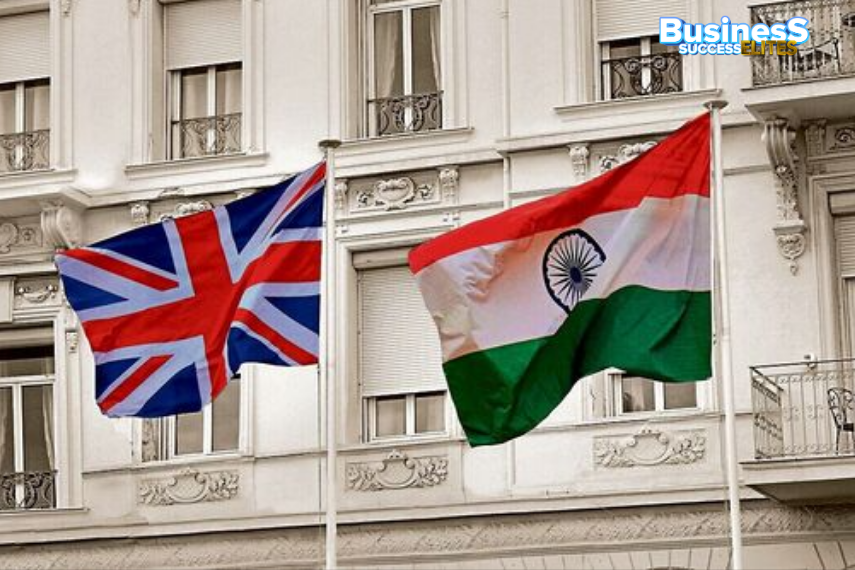
The India–UK Free Trade Agreement (FTA) is shaping up to be a turning point in the economic relationship between the two countries. In a recent session hosted by the Bangalore Chamber of Industry & Commerce (BCIC), senior British trade officials highlighted the strategic importance of this partnership and what it could mean for businesses across India—especially in states like Karnataka.
The agreement aims to double bilateral trade by 2030, making it easier for companies in both countries to buy, sell, and invest across borders. Here are some of the key features:
Nearly 99% of Indian exports—including textiles, leather goods, footwear, seafood, and machinery—will have duty-free access to the UK market.
India will lower tariffs on 90% of British goods, such as whisky, gin, cosmetics, and car parts.
The agreement is designed to benefit a wide range of sectors, from manufacturing and agriculture to tech and services.
The FTA is expected to create real economic value on both sides. Here’s how:
Job creation: By expanding market access for Indian exports, especially in labor-intensive sectors, the deal could help generate new employment opportunities.
Technology and investment: Lower trade barriers may encourage British firms to invest more in India, bringing in innovation and new skills.
Digital and service trade: The agreement includes provisions around IT, finance, and professional mobility, opening doors for Indian service providers to operate more freely in the UK.
Prashant Gokhale, President of BCIC, sees this as a major milestone:
“The India-UK FTA is a landmark deal that could open a new era of economic collaboration. We expect it to support job growth, encourage innovation, and strengthen ties between our two economies.”
CA K. Ravi, Senior Vice President of BCIC, added:
“Lowering trade barriers will bring fresh opportunities, especially for sectors like aerospace, renewable energy, advanced manufacturing, and IT—areas where Karnataka already leads. The agreement could help companies tap into new markets and attract global investors.”
With negotiations moving forward, the India–UK FTA signals a strong commitment to deeper trade ties. For businesses, especially those in export-driven industries or global services, this deal could offer new momentum.
It’s not just about policy—it’s about opportunity. And with the right support and strategic planning, industries across India can position themselves to benefit.
IPO-Bound PhonePe Focuses on Payments Growth and Platform Expansion
February 8, 2026